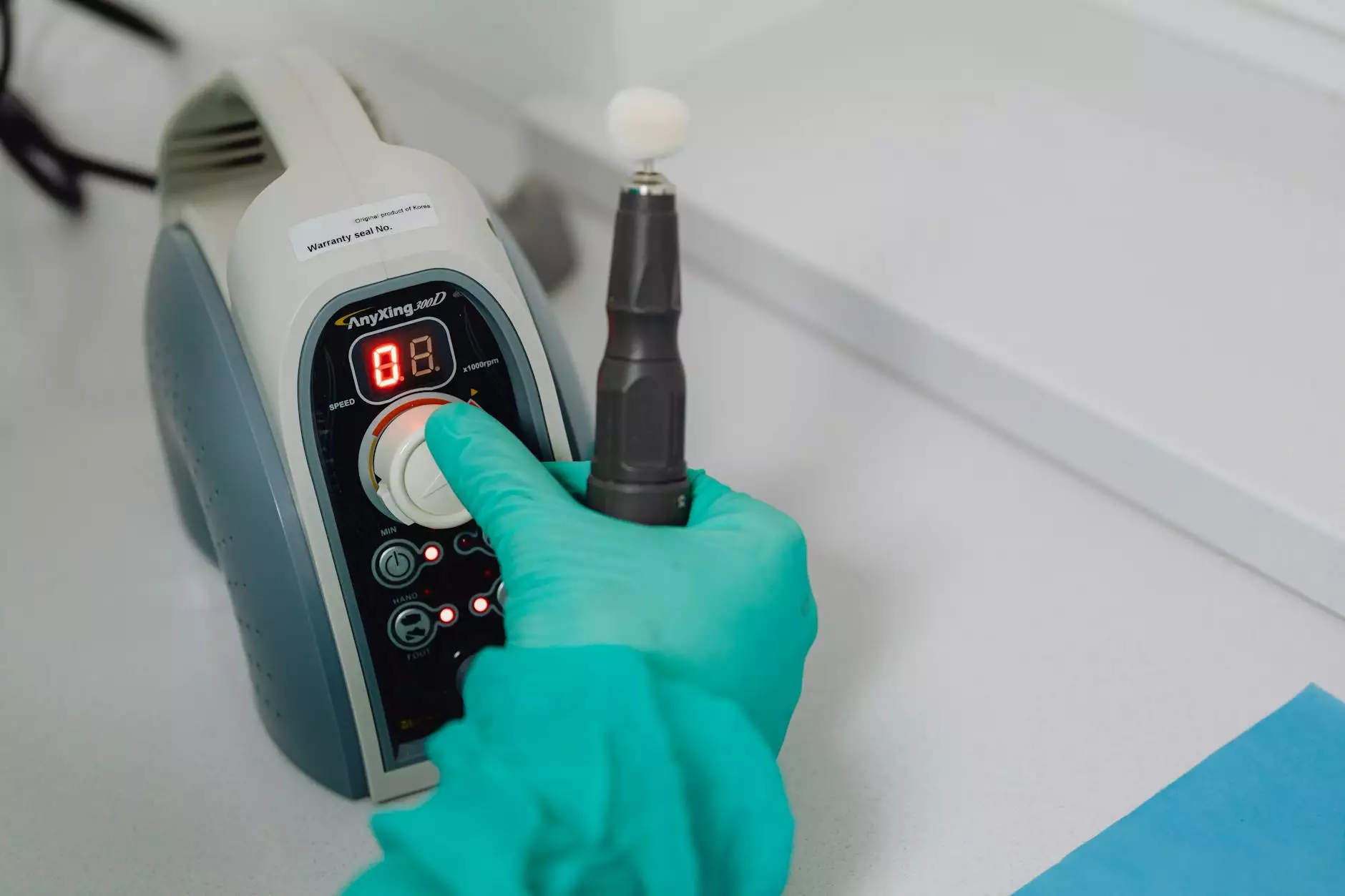Embracing Change: The Power of Pharmaceutical CRM Software in Business

Introduction to Pharmaceutical CRM Software
Pharmaceutical CRM software represents a significant technological advancement in the way pharmaceutical companies manage their relationships with stakeholders—including healthcare professionals, patients, and partners. As the pharmaceutical industry continues to face challenges such as regulatory compliance, market competition, and evolving customer needs, implementing an effective CRM solution can provide a competitive edge.
The Importance of CRM in the Pharmaceutical Sector
The pharmaceutical sector is unique, with distinct needs that require specialized tools for effective product management and customer engagement. Here are several reasons why CRM systems are integral to this industry:
- Streamlined Communication: A CRM system facilitates better communication between pharmaceutical companies and their clients, ensuring timely follow-ups and support.
- Data Management: It centralizes all client-related data, making it easier to track interactions, manage contact information, and analyze consumer behavior.
- Regulatory Compliance: Specialized CRM solutions help maintain compliance with industry regulations by providing features that track and log interactions, ensuring that all communications are documented.
- Increased Sales Efficiency: With access to data insights and customer preferences, sales teams can tailor their pitches, ultimately leading to higher conversion rates.
Key Features of Pharmaceutical CRM Software
When selecting pharmaceutical CRM software, it is essential to consider various features that can cater specifically to the pharmaceutical industry. Below are some of the most vital features:
- Contact Management: An intuitive system to manage healthcare professionals’ and patients’ information.
- Call Planning and Tracking: Tools to schedule, log, and analyze sales calls, ensuring effective follow-through.
- Analytical Reporting: Comprehensive reporting features that help in monitoring performance metrics and sales trends.
- Compliance Tracking: Built-in compliance checks to ensure that all marketing practices align with legal standards.
- Integration Capabilities: The ability to integrate with other software tools, such as ERP systems and marketing automation platforms.
Benefits of Implementing Pharmaceutical CRM Software
Implementing a robust pharmaceutical CRM software system offers a multitude of benefits that can transform a business's approach to customer relationship management. These benefits include:
1. Enhanced Customer Insights
One of the significant benefits of CRM systems is the ability to gain deep insights into customer preferences and behaviors. This data can help pharmaceutical companies tailor their marketing strategies to better meet the needs of healthcare providers and patients.
2. Improved Efficiency
By automating routine tasks—such as data entry and follow-up reminders—pharmaceutical CRM software enables sales representatives and healthcare teams to focus on high-value activities.
3. Better Collaboration
Such software fosters inter-departmental collaboration by ensuring that all team members have access to the same up-to-date customer information, leading to unified messaging and actions.
4. Boosted Sales Performance
With better data insights and streamlined processes, sales performance can improve significantly as teams can operate more strategically.
Real-World Applications and Case Studies
A variety of pharmaceutical companies have successfully implemented CRM software, leading to enhanced business performance. Here are two notable case studies:
Case Study 1: ABC Pharma Inc.
ABC Pharma Inc. implemented a CRM system designed specifically for the pharmaceutical industry. Within six months, the company reported a 25% increase in sales productivity and a notable reduction in customer response time. The software's analytical features allowed the company to identify key market segments and tailor their messages effectively.
Case Study 2: XYZ Biotech
XYZ Biotech utilized CRM software to streamline its sample distribution process to healthcare providers. The result was a 40% increase in sample requests and improved relationships with healthcare professionals, leading to greater market penetration for their latest products.
Choosing the Right Pharmaceutical CRM Software
Selecting the right pharmaceutical CRM software is a crucial step towards achieving your business goals. Here’s a guideline to help you choose the best solution:
1. Assess Your Needs
Begin by identifying your specific needs. Consider the size of your organization, the number of users, and the most important features for your business.
2. Evaluate Available Options
Research various software options in the market. Look for reviews, check out case studies, and seek out user testimonials. The goal is to find software that aligns with your requirements.
3. Test with Demos or Trials
Most reputable CRM software providers offer demos or trial periods. Make use of these offers to evaluate the usability and functionality of the software before making a commitment.
4. Consider Support and Training
A robust support system is essential. Ensure that the provider offers comprehensive training and support to facilitate smooth software adoption.
The Future of Pharmaceutical CRM Software
The future of pharmaceutical CRM software is bright as technological advancements continue to emerge. Here are some trends to watch for:
- AI and Machine Learning: Incorporating AI can help in predicting customer behaviors and improving personalized marketing strategies.
- Mobile CRM: An increasing number of sales representatives are using mobile devices. CRM solutions that support mobile access will enable reps to engage with clients on-the-go effectively.
- Enhanced Data Security: As data breaches become more common, CRM solutions will prioritize security measures to protect sensitive information.
- Integration of Social Media: As social media becomes a critical touchpoint in customer interaction, CRM systems will need to integrate these platforms for a holistic view of client engagements.
Conclusion
In conclusion, pharmaceutical CRM software is an indispensable tool for businesses operating in the pharmaceutical sector. By streamlining processes, providing critical insights, and enhancing customer interactions, these systems can mark the difference between stagnation and growth in a highly competitive industry. As we witness the technological evolution, the importance of adopting a sophisticated CRM solution will only continue to grow, enabling companies to meet their objectives efficiently and effectively.









